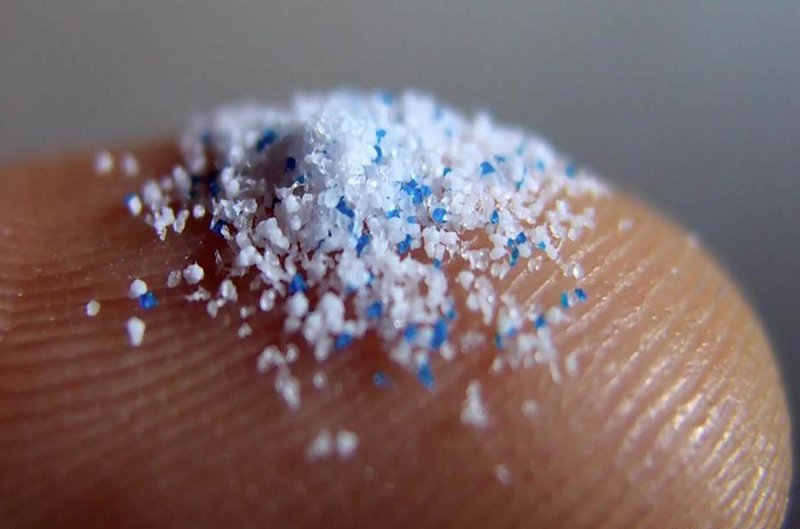From limited surveys of microplastics in the air, water, salt and seafood, children and adults might ingest anywhere from dozens to more than 100,000 microplastic specks each day, [said environmental scientist] Albert Koelmans.
…
Evaluating the effects of tiny specks of plastic on people or animals is the other half of the puzzle. This is easier said than done. More than 100 laboratory studies have exposed animals, mostly aquatic organisms, to microplastics. But their findings — that exposure might lead some organisms to reproduce less effectively or suffer physical damage — are hard to interpret because microplastics span many shapes, sizes and chemical compositions.
One thing is clear: the problem will only grow. Almost 400 million tonnes of plastics are produced each year, a mass projected to more than double by 2050. Even if all plastic production were magically stopped tomorrow, existing plastics in landfills and the environment — a mass estimated at around 5 billion tonnes — would continue degrading into tiny fragments that are impossible to collect or clean up, constantly raising microplastic levels. Koelmans calls this a “plastic time bomb”.
“If you ask me about risks, I am not that frightened today,” he says. “But I am a bit concerned about the future if we do nothing.”
































